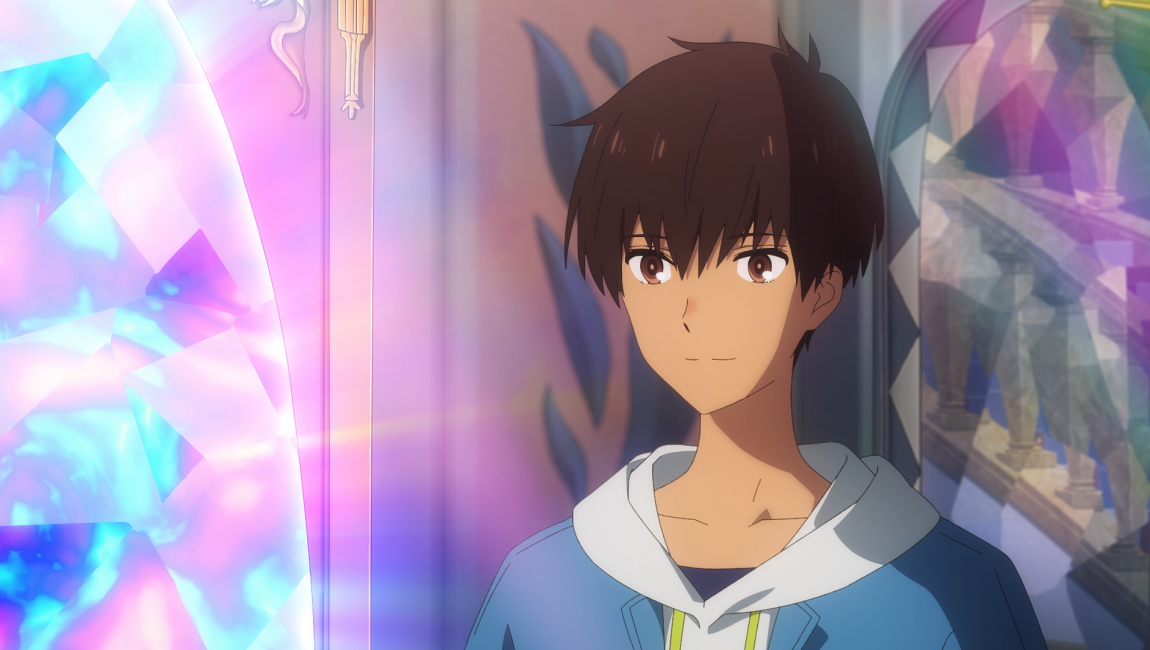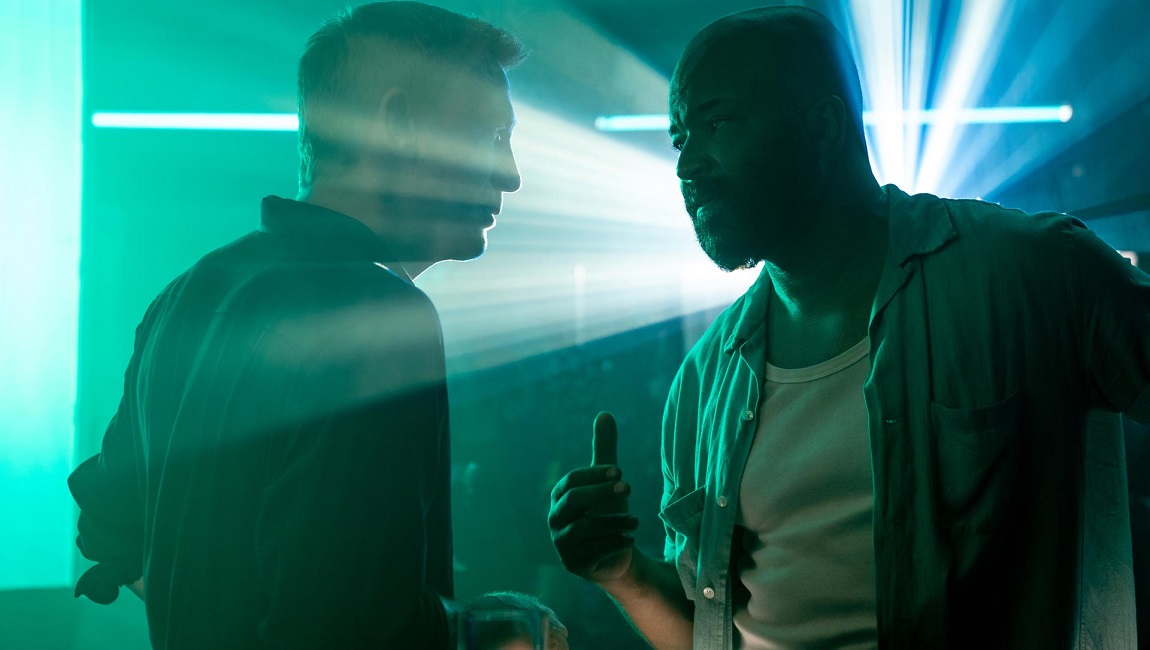Anime has always been more inclined toward YA-facing and -reflecting projects than most other film genres, perhaps only rivaled by the short-lived post-Harry Potter cottage industry of emotionally manipulative, usually dystopian, mud that sprang up in parallel to young adult literature’s emergence as a money-making force for the publishing industry. It only seemed a matter of time, then, before Japanese author Mizuki Tsujimura’s massively popular young adult novel Lonely Castle in the Mirror, already adapted to a manga series, would make the jump to film. Directed by Keiichi Hara, Lonely Castle centers on Kokoro, a shy teenage girl struggling with loneliness and avoiding school after a bullying incident, who is swept away into a fantasy world after finding her bedroom mirror glowing. Arriving at the eponymous castle, where she is greeted by the wolf queen — who looks like a young girl in a red dress and a wolf mask — Kokoro meets six other middle schoolers, all of whom are also avoiding attending school. Kokoro is the last of the group to arrive, and the Wolf Queen reiterates the “rules”: the castle will be open to all of them for the next year, during which they can choose to seek (or not) a secret key that will grant the finder one wish. The catch? If somebody makes a wish, they will all immediately be banished from the castle and nobody will remember each other or their time spent there. The only other rule: they must all leave by 5:00 PM every day; if anyone lingers, they will be eaten by a giant wolf who stalks the halls in the evening.
A fabulist narrative of sorts, Lonely Castle is playful with these origins: the Wolf Queen refers to the seven children as her “Red Riding Hoods,” while the less-known Grimm’s fairy tale “The Wolf and the Seven Young Goats” serves as an essential decoder in the mystery of the key. But this is mostly textural in the film version, and the story is actually deeply rooted in society’s current moment. In the way of anime’s best works, Lonely Castle’s themes are heavier, more complex, and more reflective of recognizable humanity than is typically represented in the sanitized efforts of Western animation. Kokoro and her cohorts are victims of the growing, Internet-abetted isolation of our global present, and it’s to the film’s immense credit how seriously and delicately Hara handles the endemic mental health struggles of young kids in the 21st century. Lonely Castle is a notably gentle film, both in its feel and approach to difficult subject matter, one that somehow finds space to build depth into its many characters despite the relative lack of time devoted to each. Children here struggle with traumas big and small, from crushing parental expectations to abuse to feelings of insignificance, and Lonely Castle’s deeply affecting climax hinges on (thinly-veiled) suicidal ideation, our potential for allyship, and our ability to reach across the divides of personal pain and meet others with empathy and care. It even occasionally tiptoes into Dickian territory, utilizing its fantastical premise to question the relationship between mental hygiene and our ability to trust our own perceptions of reality.
Disappointingly, the film is far less successful as a visual text. Hara’s usual vibrance isn’t felt in the film’s colors and modest compositions, and much of the proceedings subsequently feel perfunctory and drab. Given the ennui these characters exist within on a daily basis, it feels like a missed opportunity that the castle’s world isn’t more richly explored in its visual design, with the shimmering blue-violet abstraction of the mirrors one of the only flourishes to be found; indeed, things feel so muted that it all seems like the intentional setup for a dull/dazzling contrast that never comes. Even the setting’s spatial potential is left undeveloped, with the castle’s interiors mostly rendered as humbly furnished sitting rooms rather than an exotic fantasy world, and characters’ interactions with the space relegated primarily to lounging and chatting in close-up. There’s also the issue of the novel’s final third — wherein character pasts and motivations are unraveled, which is essential to the work’s focus on finding safety in others — being condensed to a montage. But that sequence, short shrift though it’s given, proves emotionally potent in execution, which is reflective of the film’s general character. In an age where it feels like ChatGPT could immediately step in and produce the same complexity of story arcs and depth of character psychology, it’s no good to turn our noses up at imperfect films that capture the imperfection of humanity in a way that doesn’t feel AI-generated. It’s the great, and thus greatly observed, paradox of our world that loneliness grows alongside access to connection. Lonely Castle quite beautifully suggests that the first step to combating this loneliness perhaps comes in looking not to the Internet, but to the mirror.
Published as part of InRO Weekly — Volume 1, Issue 26
Enjoy our content? Want early access to features, interviews, and more? Support us on Patreon!







